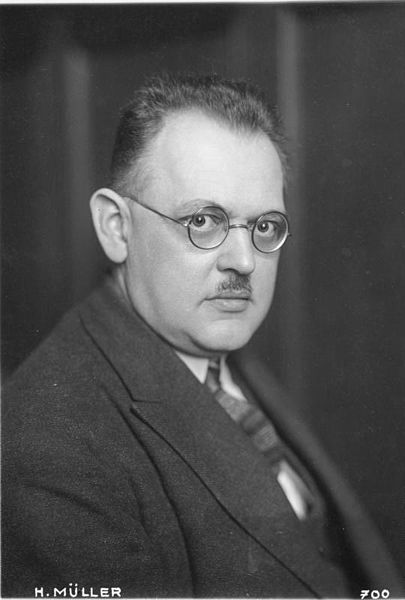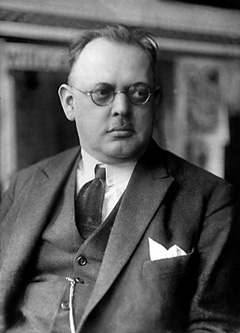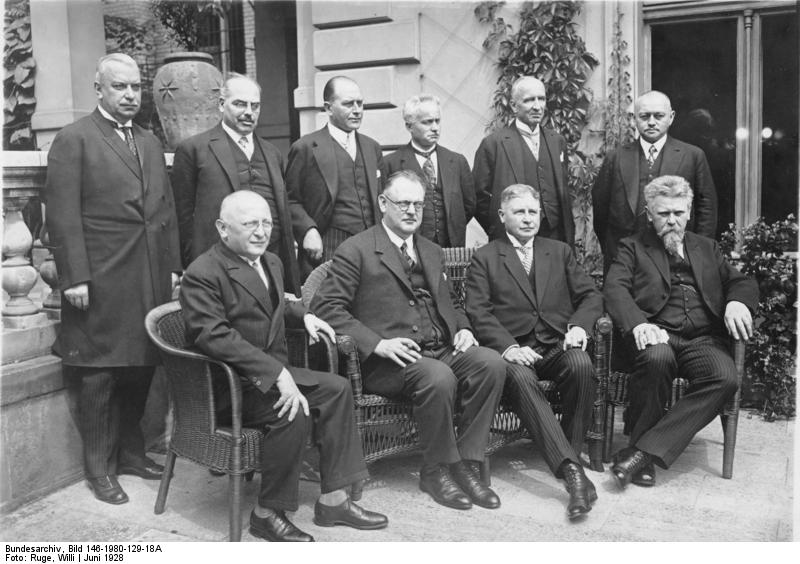<Back to Index>
- 12th Chancellor of Germany Hermann Müller, 1876
PAGE SPONSOR


Hermann Müller (18 May 1876 – 20 March 1931), born in Mannheim, was a German Social Democratic politician who served as Foreign Minister (1919 – 1920), and twice as Chancellor of Germany (1920, 1928 – 1930) under the Weimar Republic. In his capacity as Foreign Minister, he was one of the German signatories of the Treaty of Versailles in 1919.
From 1899 to 1906, Müller was editor of the Socialist newspaper Görlitzer Volkszeitung, and from 1906 onward was a member of the directing board of the German Social Democratic party. On August 1, 1914, he went to Paris with the object of finding out whether international action by the socialists of France and Germany could be initiated in order to avert World War I. His mission was unsuccessful, and he had great difficulty in making his way back to Germany through the French lines. His report did much to determine the attitude of the German Social Democrats in voting in the Reichstag for the first war credit.
From 1916 to 1918, he was a member of the Reichstag. On June 21, 1919, he was appointed minister of the Reich for foreign affairs — under the chancellorship of Gustav Bauer — and in this capacity went to Versailles and with Colonial Minister Johannes Bell and signed the peace treaty for Germany on June 29, 1919. After the resignation of the Bauer ministry, which followed upon the Kapp coup d'état (March 1920), Müller was appointed Chancellor of the Reich, an office which he held till the following June, when the result of the general elections for the Reichstag necessitated the formation of a coalition ministry with Constantin Fehrenbach of the Catholic Center party as Chancellor.
His second government was based on a "Grand Coalition" of Social Democrats, Center Party, German Democratic Party and German People's Party. Though the coalition comprised a majority of the Reichstag, the relationships between the partners was uneasy. The coalition finally fell apart as a result of disputes between the Social Democrats and German People's Party over budgetary issues as a result of the onset of the Great Depression. Müller had strongly argued against his party's decision to leave the government, but was overruled.
His death the next year following a gallbladder operation was seen as a major blow to the Social Democrats. He is buried in the Zentralfriedhof Friedrichsfelde.
Müller's father was a champagne producer who died in 1892. In 1902 he married Frieda Tockus. They had one daughter, Annemarie, in 1905; however, Tockus died several weeks later, due to complications from the pregnancy. He remarried in 1909, and the following year his daughter Erika was born.
